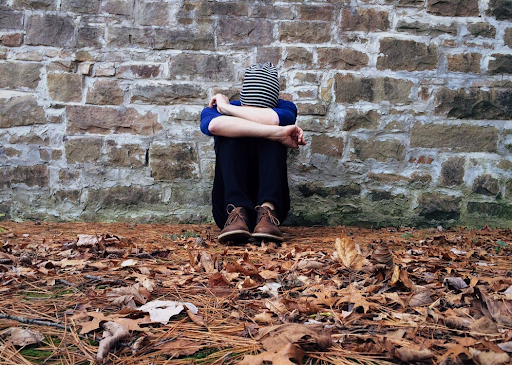 How much do you know about emotion regulation? Do you know about the benefits that it can bring with it? We each feel and experience a wide range of positive and negative emotions. This is just a part of the human experience.
For some of us, however, these emotions can feel too strong. And that can be overwhelming. Emotion regulation is the term that is used to detail an individual’s ability to manage and respond to any type of strong emotional experience.
We use emotion regulation on an almost autopilot way, using a range of coping strategies to address the situations that we face throughout the day. Some of the emotion regulation strategies we use are healthy, while some others may not be.
How much do you know about emotion regulation? Do you know about the benefits that it can bring with it? We each feel and experience a wide range of positive and negative emotions. This is just a part of the human experience.
For some of us, however, these emotions can feel too strong. And that can be overwhelming. Emotion regulation is the term that is used to detail an individual’s ability to manage and respond to any type of strong emotional experience.
We use emotion regulation on an almost autopilot way, using a range of coping strategies to address the situations that we face throughout the day. Some of the emotion regulation strategies we use are healthy, while some others may not be.
How Do We Develop Emotion Regulation?
Learning how to self-regulate is a skill that most of us learn in early childhood. Consider the toddler who has a major tantrum because he lacks the words to define why he feels uncomfortable. With emotion regulation, that toddler will grow up into a child or teen who has adapted to not only label those uncomfortable feelings but can also control the impulses to act out and throw a tantrum. There are many reasons a child and teen may not develop healthy emotion regulation strategies, including trauma and neglect stemming as far back as infancy.The Importance of Self-regulation
If we all react impulsively when we feel something unpleasant, things could take a turn for chaotic rapidly. Self-regulation involves us simply taking a deliberate pause between that unpleasant feeling and the action we take in response to it. It offers us the time we need to think, plan, and wait. A lack of emotion regulation can lead to many troubles for children, teens, and adults. Think about the child who hits or throws things when he gets upset at school. He will not make many friends that way, and he may find himself in trouble. His problems are just going to worsen as he gets older and gets more aggressive and more reactive. As an adult, he may struggle to deal with frustration and stress. He may not know how to express himself healthily. The result could be angry outbursts, throwing things, punching the walls, anxiety, and other mental wellness issues. Those who have healthy self-regulation strategies are more likely to have stronger relationships with their family and friends. Which is something we’d all want for our teens.Teaching Healthy Emotion Regulation Skills to Teens
How can you work with your teen to instill healthy self-regulation strategies? Before you can move on to healthy strategies, it’s a good idea to be aware of what unhealthy coping strategies might look like. Some of the unhealthy coping skills that are commonly seen include the following.- Self-harm
- Verbal or physical aggression
- Excessive use of social media and other online sources of entertainment, while ignoring responsibilities
- Use and abuse of alcohol and other substances
- Avoiding confrontation or challenging situations
- Going for a walk or hike
- Spending more time outdoors
- Having a chat with friends
- Meditation
- Therapy
- Journaling
- Getting plenty of rest at night
- Recognizing when you to take a break and actually taking the needed break
- Identifying negative thoughts that pop up prior to or after strong or unpleasant emotions
- Not neglecting physical health when illness occurs


Leave a Reply